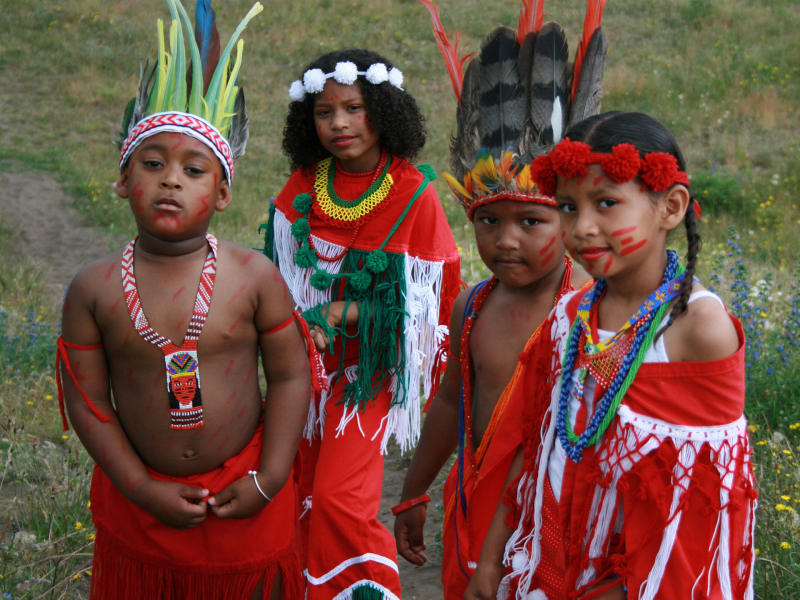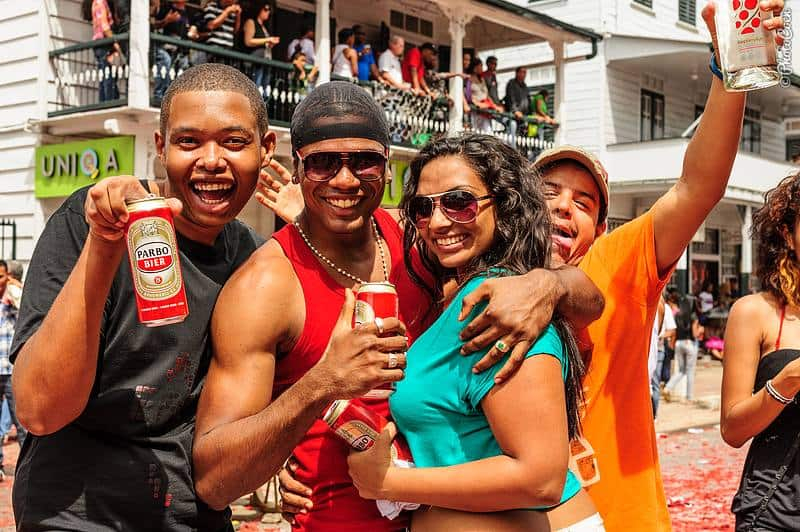Marriage, Family, and Kinship
In Paramaribo, mixed marriages do occur even though the majority of marriage partners are from the same ethnic group. In rural communities, parents still choose their children's mates in traditional Hindostani families. Marriages can be highly expensive. Although it's widespread, living together before marriage is unacceptable to traditional Hindostani, who believe that the bride must be a virgin.
The Caribbean family structure accepts female-headed households and the reality that women may have kids from multiple partners. While some women engage in serial monogamy, men are more likely to be involved with multiple partners at once. Having a mistress (buitenvrouw) is common and typically not secretive. Maroon males frequently have multiple wives living in various villages, however it is the men's duty to provide each wife with a home, a boat, and a cleared area for subsistence farming.
Domestic units range from female-headed households to extended families in terms of kind, size, and composition. The joint family institution has been replaced by the nuclear family among the Hindostani, and the role of the man is losing power. The Maroon clan system is built on a shared conviction in a matrilineal line of descent. A matrilineal clan and a hamlet might have a large overlap in population.







